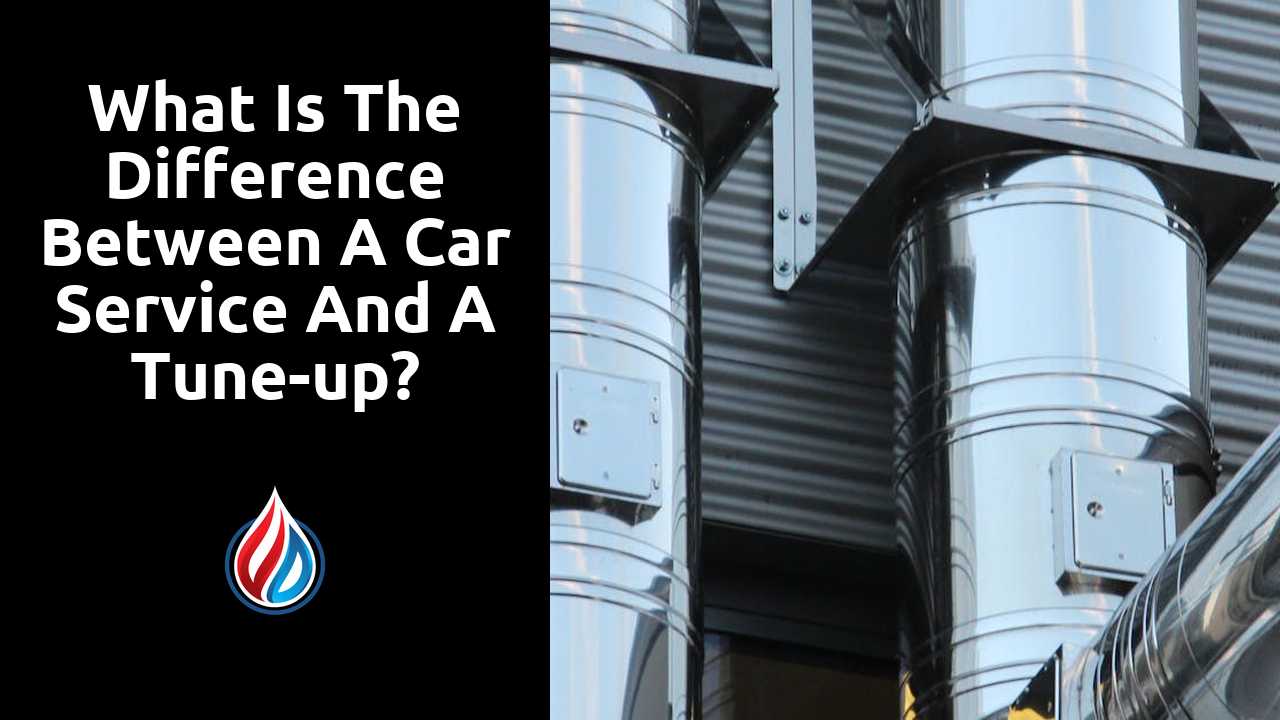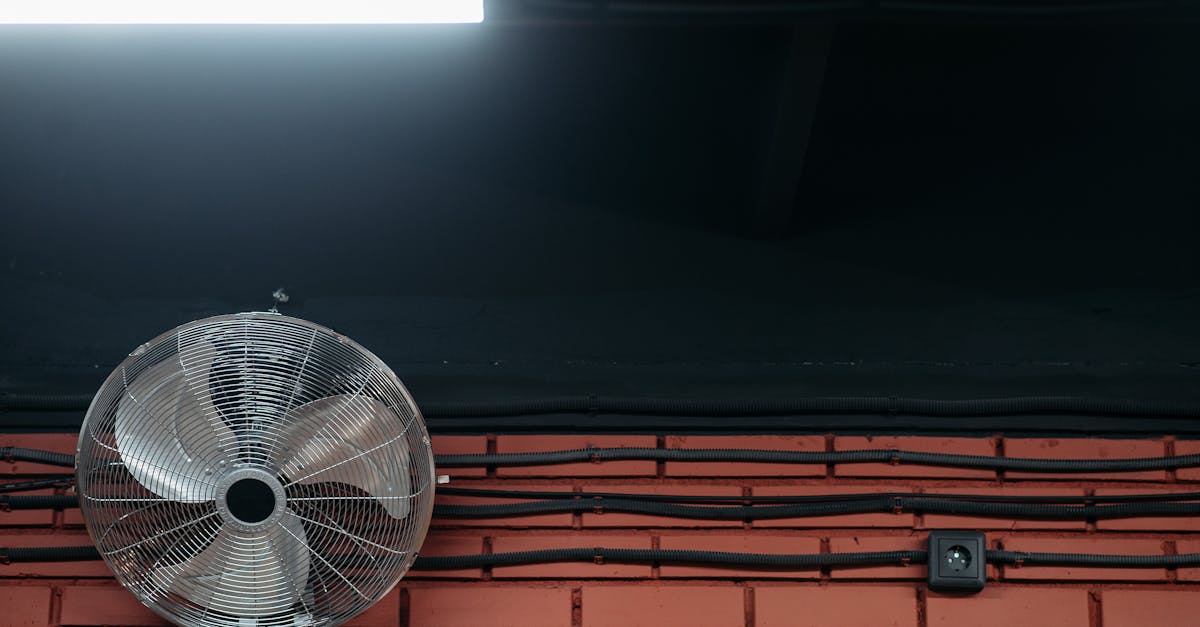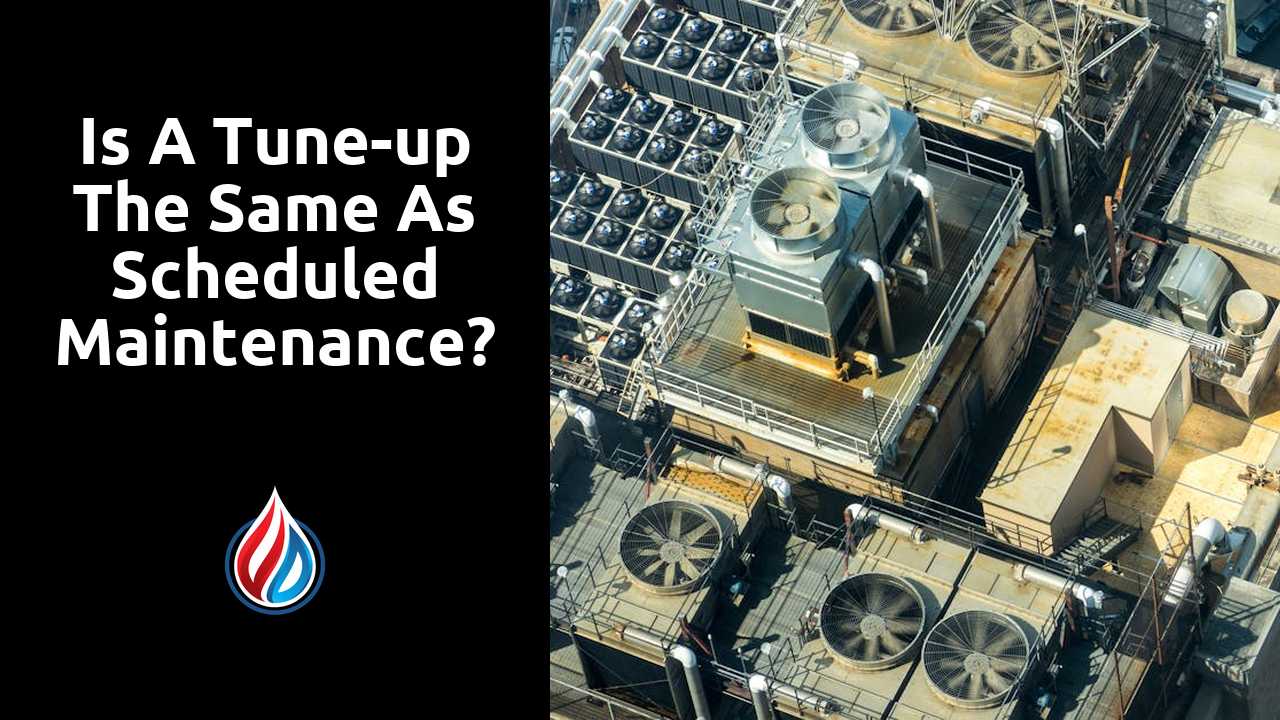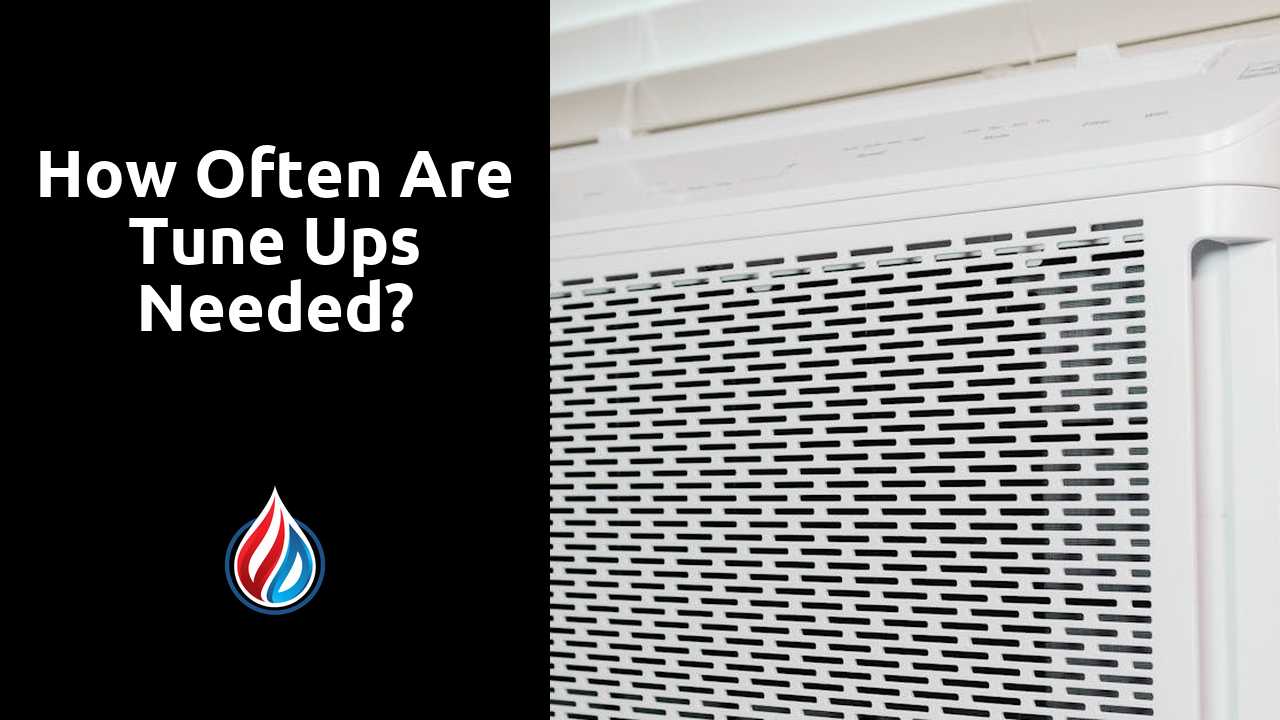
Table Of Contents
Differences in Purpose
Car service and tune-ups serve distinct purposes in vehicle care. A car service typically involves a comprehensive examination of the vehicle to ensure everything is functioning correctly. This process includes checking and replacing fluids, inspecting brakes, and assessing various components for wear and tear. The goal is to maintain the vehicle’s overall condition and prevent future issues.
In contrast, Maintenance and Tune-Ups focus more on enhancing engine performance and efficiency. Tune-ups often include replacing spark plugs and adjusting the engine’s timing to optimise fuel consumption. While both processes are essential for vehicle longevity, their specific goals differ, resulting in varying procedures and maintenance schedules tailored to each vehicle’s needs.
Goals of Car Service vs. Tune-Up
Car service and tune-ups, while often used interchangeably, serve distinct purposes related to vehicle care. The primary goal of a car service is to ensure that the vehicle operates safely and efficiently on the road. This typically involves a comprehensive inspection of various essential components, including brakes, tyres, and fluid levels. Regular servicing aims to identify any potential issues before they develop into more significant problems, ultimately enhancing the overall lifespan of the vehicle.
In contrast, maintenance and tune-ups focus more on optimising engine performance and efficiency. A tune-up generally includes specific tasks such as replacing spark plugs, adjusting the ignition timing, and checking the fuel system. While it addresses the engine's health and responsiveness, it does not typically encompass the broader scope of vehicle components that a full service covers. As such, each type of maintenance plays a crucial role in keeping a vehicle in good condition, addressing both immediate performance needs and long-term reliability.
Costs Associated with Each
Car services and tune-ups can vary considerably in terms of costs, largely influenced by the specific tasks involved. A regular car service typically encompasses a range of inspections, oil changes, and other routine maintenance. These services might include checks on brakes, fluid levels, and tyre condition, which collectively contribute to vehicles running smoothly. As a result, drivers may find that the expense for a comprehensive service tends to be on the higher side.
In contrast, a tune-up focuses more on enhancing engine performance and efficiency. This may involve adjusting components like spark plugs, ignition systems, and fuel filters. Consequently, the costs associated with a tune-up might be lower than a full car service but can still vary depending on the make and model of the vehicle. Budgeting for both maintenance and tune-ups is essential to ensure a well-functioning vehicle and to avoid more significant repairs in the future.
Budgeting for Car Maintenance
Effective budgeting for car maintenance involves understanding the costs associated with regular services and tune-ups. Typically, a car service may include more extensive checks and replacements, such as oil changes, fluid top-ups, and brake inspections. While these services are essential for vehicle longevity, they can vary considerably in price depending on the make and model of the car, as well as any additional repairs needed. In contrast, a tune-up focuses more on performance enhancements, such as spark plug replacements and air filter changes. These interventions may be less frequent but can come with a distinct cost that should also be factored into maintenance budgets.
When planning for Maintenance and Tune-Ups, it's wise to consult your vehicle's manual for manufacturer recommendations. Establishing a regular schedule helps avoid unexpected expenses and ensures that both routine and specific maintenance tasks are completed on time. Maintaining a separate savings account dedicated to car maintenance can alleviate financial pressure. This approach allows for budgeting not just for average service charges, but also for those essential tune-up costs that can arise less predictably.
Impact on Vehicle Performance
Car maintenance plays a crucial role in ensuring optimal vehicle performance. Regular servicing checks various components, addressing any immediate issues that may hinder performance, such as worn brakes or low fluid levels. This comprehensive approach helps to maintain the overall functionality of the vehicle, ensuring it operates smoothly and efficiently.
In contrast, tune-ups are focused more on enhancing the performance aspects of the engine. This process often includes replacing spark plugs, adjusting ignition timing, and ensuring that fuel delivery systems are functioning correctly. Regular maintenance and tune-ups contribute significantly to the driving experience, providing improved responsiveness and fuel efficiency, making each journey more enjoyable.
How Each Affects Driving Experience
Maintenance and tune-ups play a crucial role in determining a vehicle's overall performance and reliability. Regular car services ensure that all essential systems function correctly, which contributes to smoother driving and enhanced safety. Without sufficient maintenance, drivers may experience issues such as decreased braking efficiency or unresponsive steering, jeopardising both comfort and control on the road.
On the other hand, tune-ups focus primarily on optimising engine performance. They involve adjusting the engine's components for improved power and fuel efficiency. Well-executed tune-ups can lead to noticeably better acceleration and a quieter engine, making journeys more enjoyable. Together, maintenance and tune-ups create a comprehensive approach to vehicle care, enhancing not only performance but also the driving experience.
FAQS
What is the main difference between a car service and a tune-up?
The main difference lies in their purpose; a car service typically involves a comprehensive check-up and maintenance of the vehicle's various systems, while a tune-up focuses specifically on optimising the engine's performance and efficiency.
How often should I get my car serviced?
It is generally recommended to have your car serviced every 12 months or every 10,000 to 15,000 miles, whichever comes first. However, you should always consult your vehicle's manual for specific guidelines.
What does a typical car service include?
A typical car service includes an oil change, inspection of brakes, tyres, lights, and fluid levels, as well as checking the overall condition of the vehicle. Additional services may also be performed based on the service package chosen.
How frequently should I get a tune-up?
A tune-up is usually recommended every 30,000 to 100,000 miles, depending on the vehicle and its age. It's best to refer to your owner's manual for specific recommendations related to your car.
Can I do a tune-up myself?
While some basic tune-up tasks like replacing spark plugs and air filters can be done at home, it's advisable to consult a professional for more complex tasks to ensure everything is done correctly and safely.


